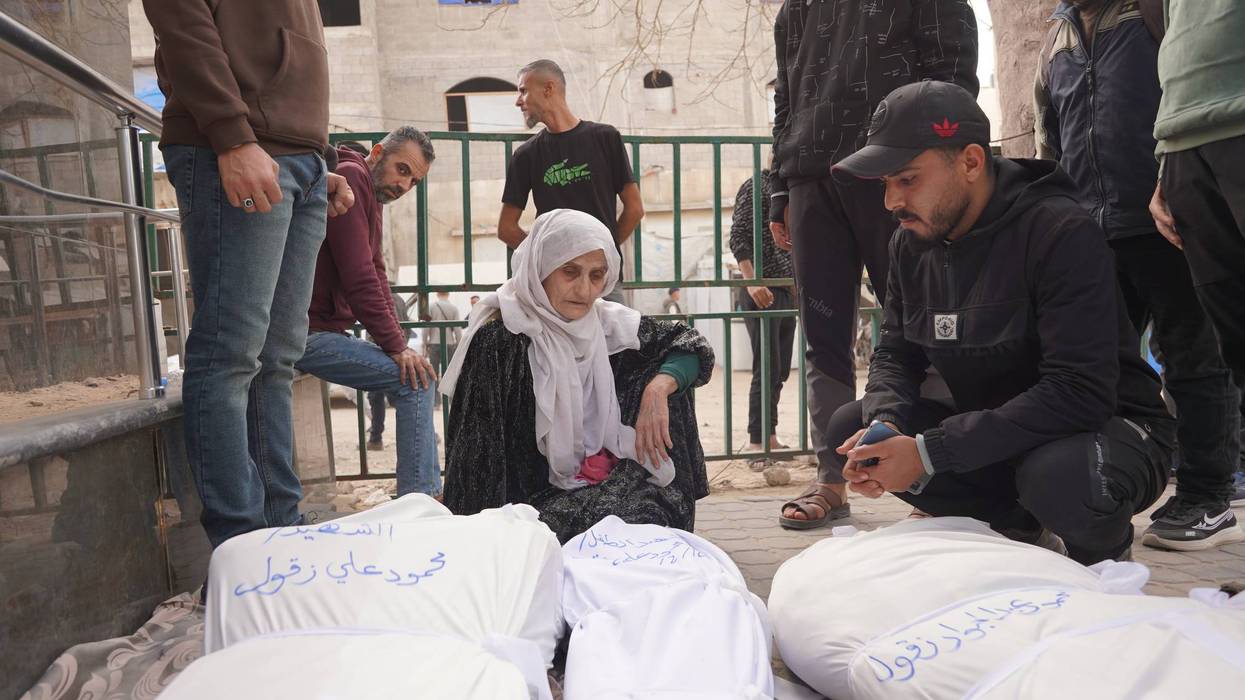In a major victory for abortion access, the U.S. District Court for the District of Maryland today blocked a Trump administration rule designed to make insurance companies stop offering coverage for abortion.
This ruling comes in response to a lawsuit filed by Planned Parenthood of Maryland, Inc. and several individual consumers on behalf of a nationwide class.
In December 2019, the Department of Health and Human Services (HHS) and the U.S. Centers for Medicare and Medicaid Services (CMS) released a new rule that, if implemented, would have forced insurance companies that sell plans in the Affordable Care Act (ACA) individual marketplaces to send two separate bills to customers -- one for the coverage of abortion care, and another for coverage of other health care. Insurers would have had to instruct their customers to pay the bills using two checks, two money orders, or two electronic transactions every month.
The court today found that this separate-billing requirement creates an unreasonable barrier for patients seeking medical care and is at odds with the ACA. It also held that the rule was arbitrary and capricious under the Administrative Procedure Act. It explained that the rule did nothing to "ensur[e] government funds are not spent on unauthorized purposes," and that the rule ignored the ACA's purpose to "increase the number of Americans covered by health insurance and decrease the cost of health care."
"Today the court delivered a crucial win for millions of individual consumers across the country," said Meagan Burrows, staff attorney with the ACLU Reproductive Freedom Project. "The Trump administration's rule was nothing but an intentional, targeted attack on abortion access. It would have created a logistical nightmare for health insurers and individual enrollees and pushed abortion even further out of reach in the midst of a global pandemic that has upended our economy, disproportionately harming people with low-incomes, people of color, and people with disabilities. Abortion is health care -- and must be treated as such."
Had the rule been implemented, more than 3 million individuals would have been affected by the rule's onerous restrictions, including the individual plaintiffs in the lawsuit from Maryland, the District of Columbia, New Jersey, and Maine. The rule would also have affected one-third of the individual-market exchange plans nationwide, including every individual plan offered on the marketplace in Maryland.
"Abortion opponents are waging everything they've got as part of their massive war on our access to health care," said Karen Nelson, president and CEO, Planned Parenthood of Maryland, Inc. "The attacks and deceptions continue, but here's the truth: abortion care is health care, and it should not be separated, 'carved out,' or treated differently from any other medical service. We will always fight to eliminate barriers and protect access to safe, legal abortion and we will continue to provide people with the health care they need."
"Today is a huge victory for the people who need and deserve access to safe, legal abortion," said Alexis McGill Johnson, president and CEO, Planned Parenthood Federation of America. "Abortion is essential health care, and this rule was an obvious and dangerous attempt by the Trump administration to put it out of reach for millions of people in the country. Planned Parenthood Federation of America was proud to stand with Planned Parenthood of Maryland, the ACLU and these brave consumers to fight back against this harmful rule. As always, we will never stop fighting for our patients, or for the right of all people to access sexual and reproductive health care, including abortion, without shame or needless hurdles."
As the administration acknowledged in finalizing the rule, the extensive administrative burdens would have led to higher premiums for consumers and caused some insurers to drop insurance coverage for abortion altogether. As the administration also acknowledged, confusion about these new requirements would have caused some people to miss payments and risk losing their health insurance coverage entirely. A fact sheet on the impact of the rule can be found here.
The plaintiffs in the case were represented by attorneys with Planned Parenthood Federation of America, Inc., the American Civil Liberties Union (ACLU), and Brown, Goldstein & Levy, LLP, a law firm in Baltimore, Maryland.





